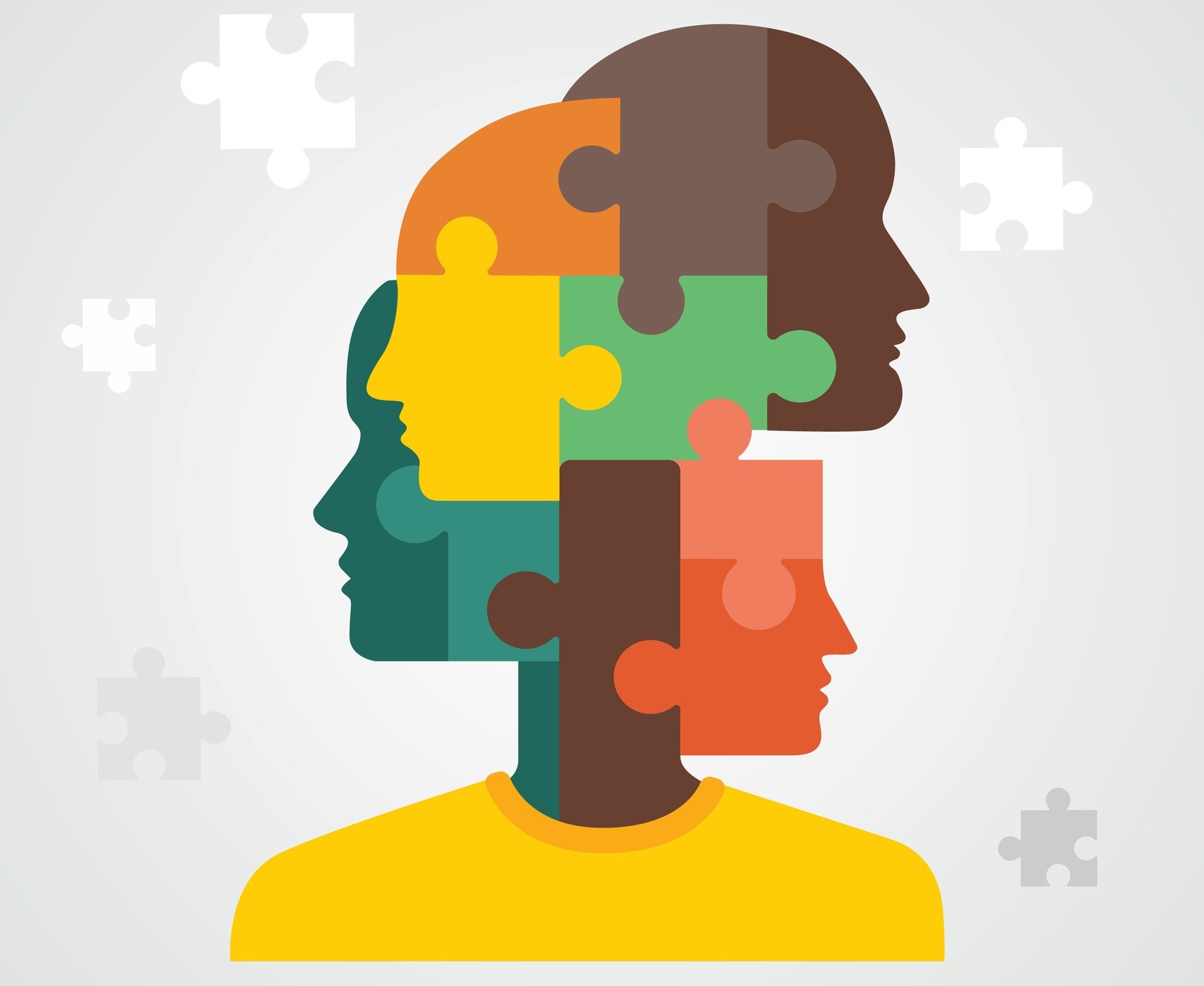Diversity in the workplace – more than just a quick fix
8 February 2024
Yousef Taktak, Innovation Specialist explains why diversity in the workplace is good for everyone and why more organisations are embracing it!
Many organisations are prioritising initiatives in diversity, equality and inclusivity to support their teams to succeed. But it’s not just a box ticking activity – when embraced properly it can have a fundamental impact on productivity, outputs and innovation.
Themes for diversity and inclusivity are wide, but we commonly understand them to relate to ethnicity, age, race language, background, schooling and sexual orientation. They are also inclusive of socio-economic (community, education, income, class), cultural (religion, traditions) and national origin (birthplace, environment).
When a business is employing individuals with varied and different characteristics, that variety is naturally reflected in the businesses productivity, innovation and outputs.
The 2-time Nobel Prize winning American chemist Linus Pauling said, “The best way to have a good idea is to have lots of ideas”. Though he may have been speaking about the individual, I believe this should be applied to teams. The more people, the more ideas… the more different the people are, the more different their ideas can be.
Diverse teams ‘think outside the box’, which boosts innovation, creativity, and the ideas as they use their experience and backgrounds to find alternative solutions to problems. This in turn has a positive effect on productivity, with higher engagement and motivation from employees.
Decision making in organisations is so important- not only big decisions, but also autonomous decisions, and they can be overwhelming. Listening to ideas from and voices of an inclusive and diverse team will certainly help break cultural barriers, creating a safe and happy environment.
As a result, your workplace culture will improve, not just for employees but also for suppliers and customers. An organisation has a wider talent-pool to choose from, and not solely focusing on a single-dimension individual skills with that specific characteristic. Potential employees would be attracted to joining teams of organisations embracing inclusivity and diversity.

And from a commercial standpoint, a lack of diversity and inclusivity means missing out on a large proportion of customers. There are around 15 million disabled people in the UK, with a yearly spend of about 250 billion. A lack of disabled employees in teams means that the organisation does not truly understand what a person with a disability needs, in order to make appropriate accommodation and representation. Real representation is the only way to gain insights into what a particular demographic needs.
My experience within a diverse team in start-up companies as well as in employment with the GM Business Growth Hub has been phenomenally positive and innovative. Diverse and inclusive teams are a success everywhere; improving business reputation with customers and suppliers, happier and more productive workforce which reduce staff turnover, and help achieve business goals and objectives set by management teams and boards.
If you want to look at your workplace culture and make a positive impact in your business, our Leadership, Skills and Social Impact can help support you with this. You can find out more information about this service here.
If you're interested in discovering the range of Innovation support available, you can do so at the link here.
You can also contact our enquiry team at the button below to find out more.